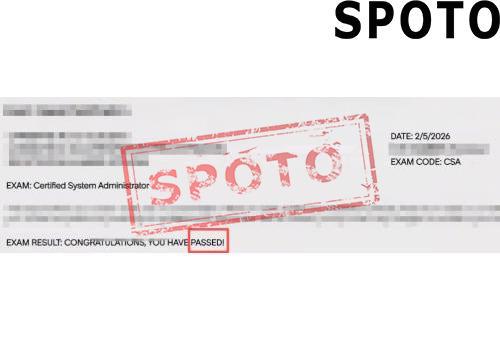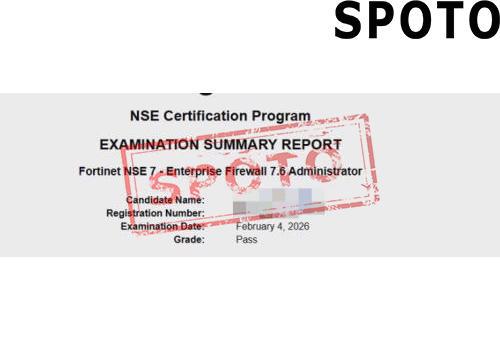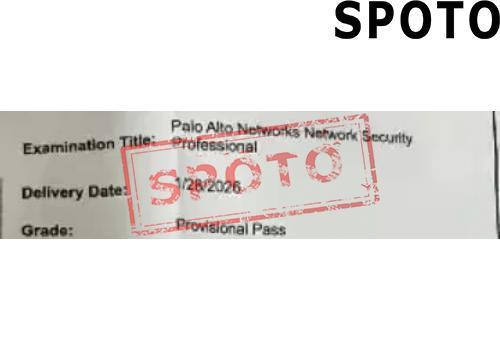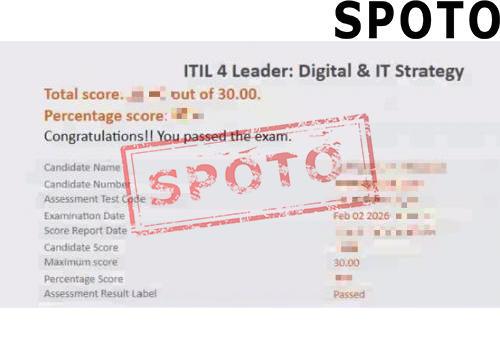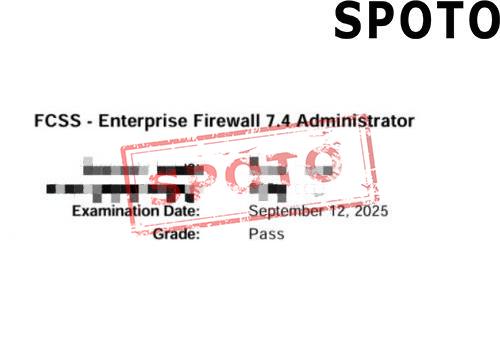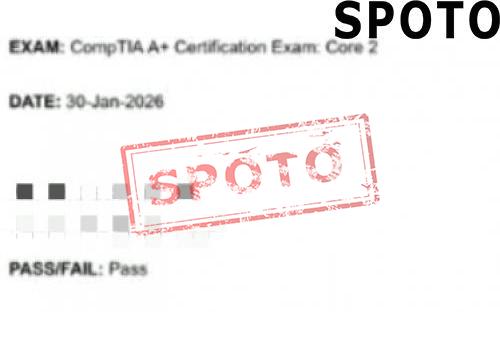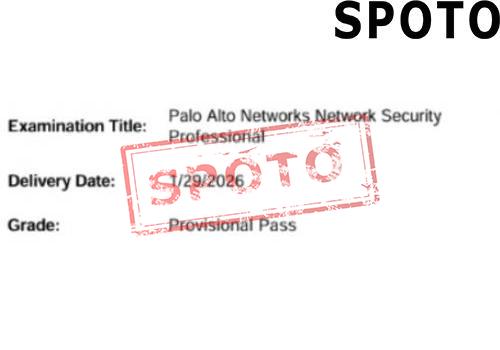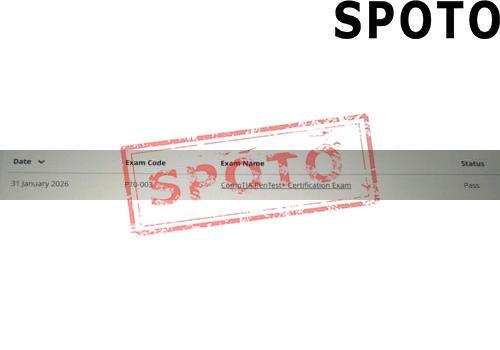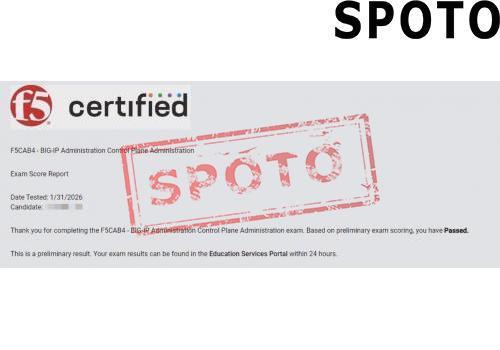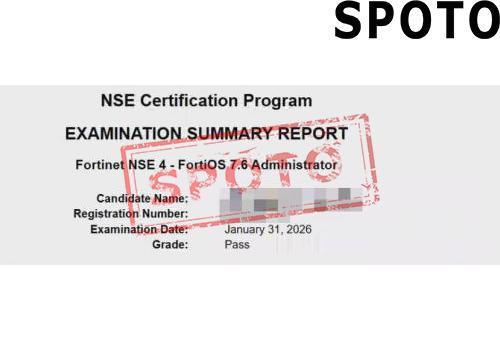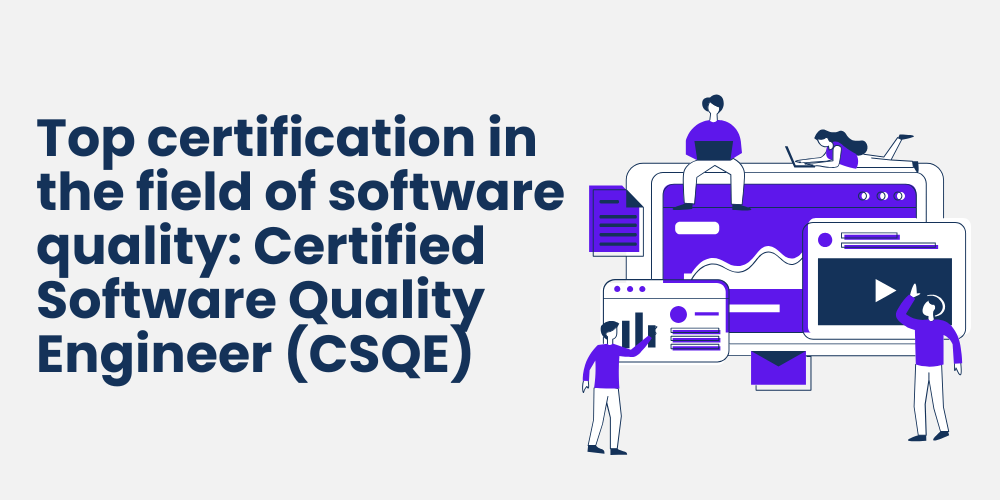
Table of Contents
- 1. Introduction to the Certified Software Quality Engineer certification
- 2. The Rewards of Being a Certified Software Quality Engineer
- 3. Core Components of the CSQE Certification
- 4. What are the requirements to be a Certified Software Quality Engineer?
- 5. Comparable Certifications to ASQ Certified Software Quality Engineer Certification
The CSQE certification is designed to cultivate "experts in software lifecycle quality control" and help practitioners transition to "full-process quality system management."
1. Introduction to the Certified Software Quality Engineer certification
Certified Software Quality Engineer (CSQE) is a globally authoritative senior certification in the field of software quality issued by the American Society for Quality, focusing on verifying the comprehensive professional abilities of practitioners in implementing quality control, process optimization, risk prevention, and continuous improvement throughout the software lifecycle.
Certified Software Quality Engineer is the "gold standard" in the field of software quality engineering, aimed at cultivating advanced technical and management talents who can systematically solve software quality problems, ensure product reliability and user experience. It is the core ladder for the transformation from "basic testing" to "software quality system architect."
In the digital age, software products have penetrated into various industries, and software quality directly determines the core competitiveness of enterprises and user trust. The traditional "post-testing" model can no longer meet the quality requirements of rapid iteration scenarios such as agile development and DevOps, and a "full process quality control" system needs to be established.
The core of CSQE certification is to cultivate "software lifecycle quality control experts," who are not simply software testers, but can stand at the height of product strategy, formulate quality standards and processes, integrate quality tools and methods, solve complex software quality problems, and ensure that software products are "functionally compliant, performance stable, safe and reliable, and user satisfied."
When building a quality control system for e-commerce platforms of Internet enterprises, CSQE licensees will take the lead in establishing a control mechanism covering the whole process; Develop defect grading standards and closed-loop management processes; Introduce automated testing tools to achieve automated verification of functionality and performance; monitor product quality status through quality metrics; promote collaboration among development, testing, and operations teams to achieve "quality built-in" rather than "post repair," ensuring high availability and low defect rates of e-commerce platforms during major promotions.
2. The Rewards of Being a Certified Software Quality Engineer
CSQE is recognized as the top certification in the field of global software quality engineering, and ASQ brand is highly recognized in the Internet, technology and other industries. When recruiting core positions such as software quality manager and testing manager, they are often listed as "priority or necessary conditions", especially in large enterprises, multinational corporations, and high-end software service providers, which is the core symbol that distinguishes ordinary quality personnel from senior experts.
CSQE certification covers the core requirements of software quality throughout the entire lifecycle, integrating multidimensional capabilities such as quality system and testing management. After passing, it can prove the ability to independently solve complex software quality problems, directly lead the construction and optimization of enterprise level software quality systems, and become the core of team technology and management. Internationally, the average annual salary of certified individuals is 25%-40% higher than that of noncertified individuals, and their career development path is clear.
CSQE holders can join the ASQ Global Software Quality Community to access the latest industry standards, quality tool practices, and benchmark enterprise cases; prioritize participation in ASQ International Software Quality Conference and specialized seminars, connect with global quality expert resources, expand professional horizons and high-end project opportunities.
3. Core Components of the CSQE Certification
For practitioners committed to establishing professional quality control capabilities in the field of software engineering, software lifecycle quality control certification is a highly valuable professional qualification.
The Certified Software Quality Engineer certification systematically covers the entire process of software quality management systems from requirements to release, aiming to comprehensively verify whether you have the complete knowledge and practical ability to build, implement, and optimize software quality systems.
Software Quality System and Management Instructions: You need to master the construction of a software quality system that complies with industry standards such as ISO 9001 and CMMI, and establish a complete management framework that includes quality objectives, organizational structure, and measurement indicators.
The requirements management and quality module requires you to be proficient in the writing standards and review process of requirement specifications, and be able to effectively manage requirement changes to ensure that requirements have clear, testable and other quality characteristics.
As the core of certification, software testing and verification require mastery of the entire testing process from testing strategy formulation to defect management, and the ability to apply various testing design methods and technical tools to ensure software quality.
The Quality Tools and Methods module requires you to be familiar with the integrated application of automated testing, code analysis, and project management tools, and to be able to use statistical methods to quantitatively manage the software development process.
4. What are the requirements to be a Certified Software Quality Engineer?
(1) Qualification prerequisites:
The prerequisite for Certified Software Quality Engineer certification is to meet one of the following conditions:
- Bachelor's degree or above, with 4 years of full-time work experience in software quality related fields;
- College degree with 5 years of full-time work experience in software quality related fields;
- Having a high school/vocational school degree and 8 years of full-time work experience in software quality related fields.
Work experience should involve core software quality aspects, with priority given to management positions or cross team quality collaboration experience.
(2) Training and examinations:
The Certified Software Quality Engineer consists of 175 Single choice question questions, 25 of which are not scored.
The exam lasts for 4 hours, with a maximum score of 750 points, and passes with a score of 550 or above.
The exam fee is approximately $498 for ASQ members and $698 for nonmembers, with slight regional differences.
(3) Qualification maintenance:
The Certified Software Quality Engineer certificate is valid for 3 years, and the renewal requirement is that you need to accumulate 30 Continuing Education Units (CEUs) during the validity period, submit a renewal application, and pay the renewal fee.
5. Comparable Certifications to ASQ Certified Software Quality Engineer Certification
- ISTQB Advanced Level – Test Manager (CTM)
- Certified Manager of Quality (CMQ)
- Software Quality Professional (SQM)
- ISO 9001 Lead Auditor
